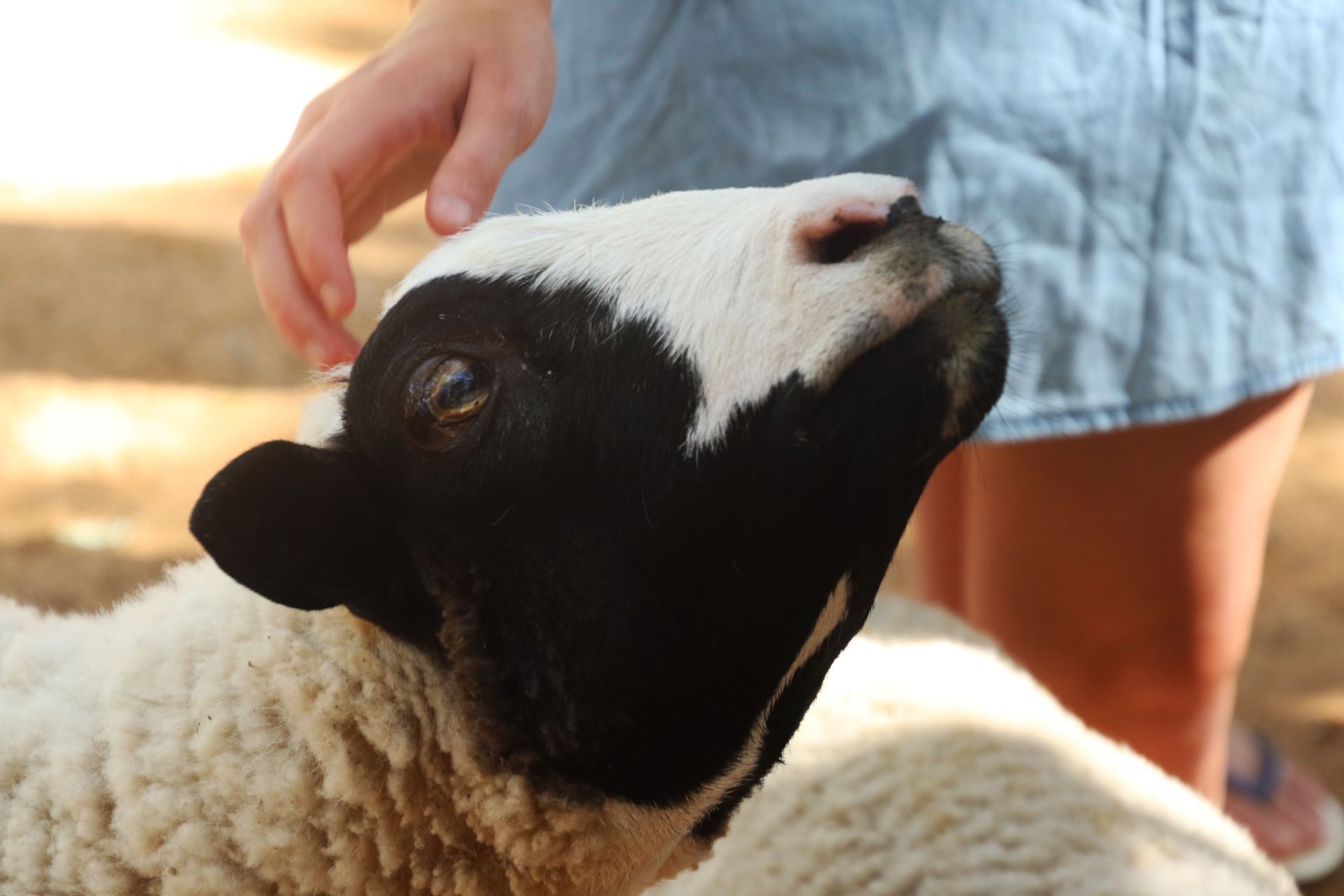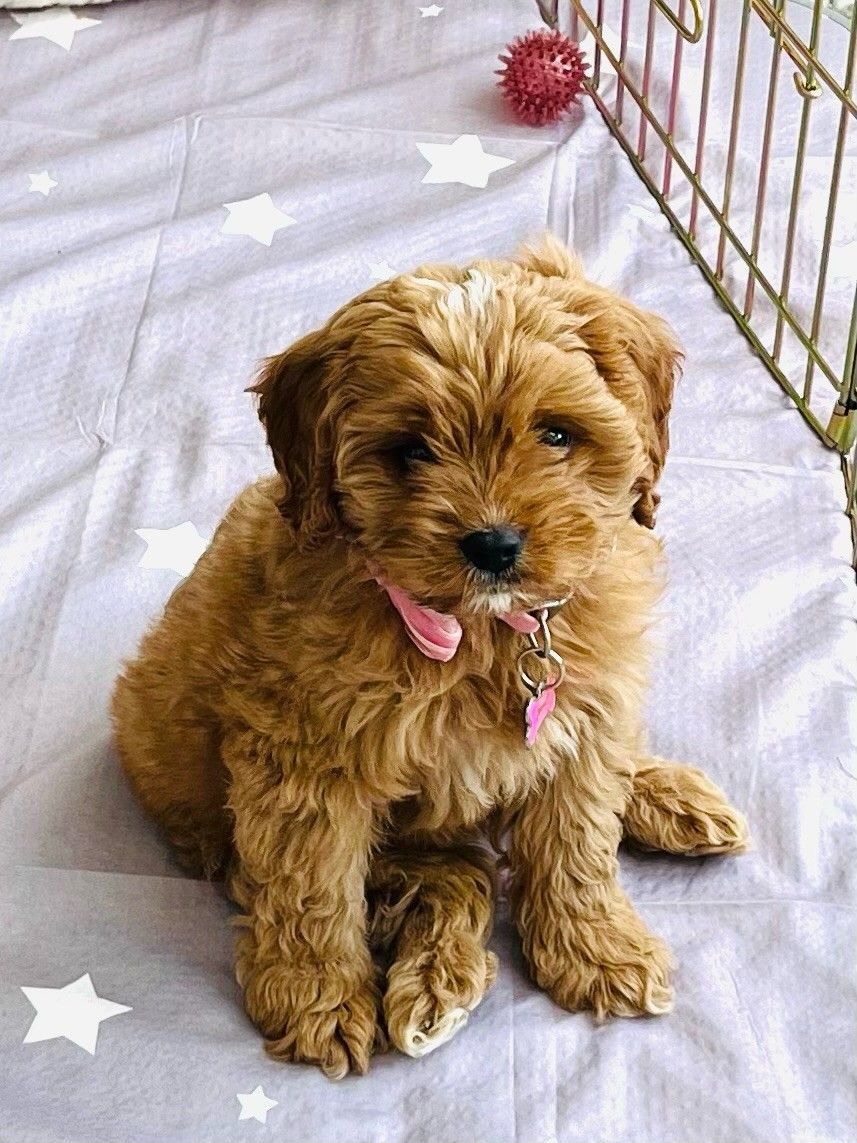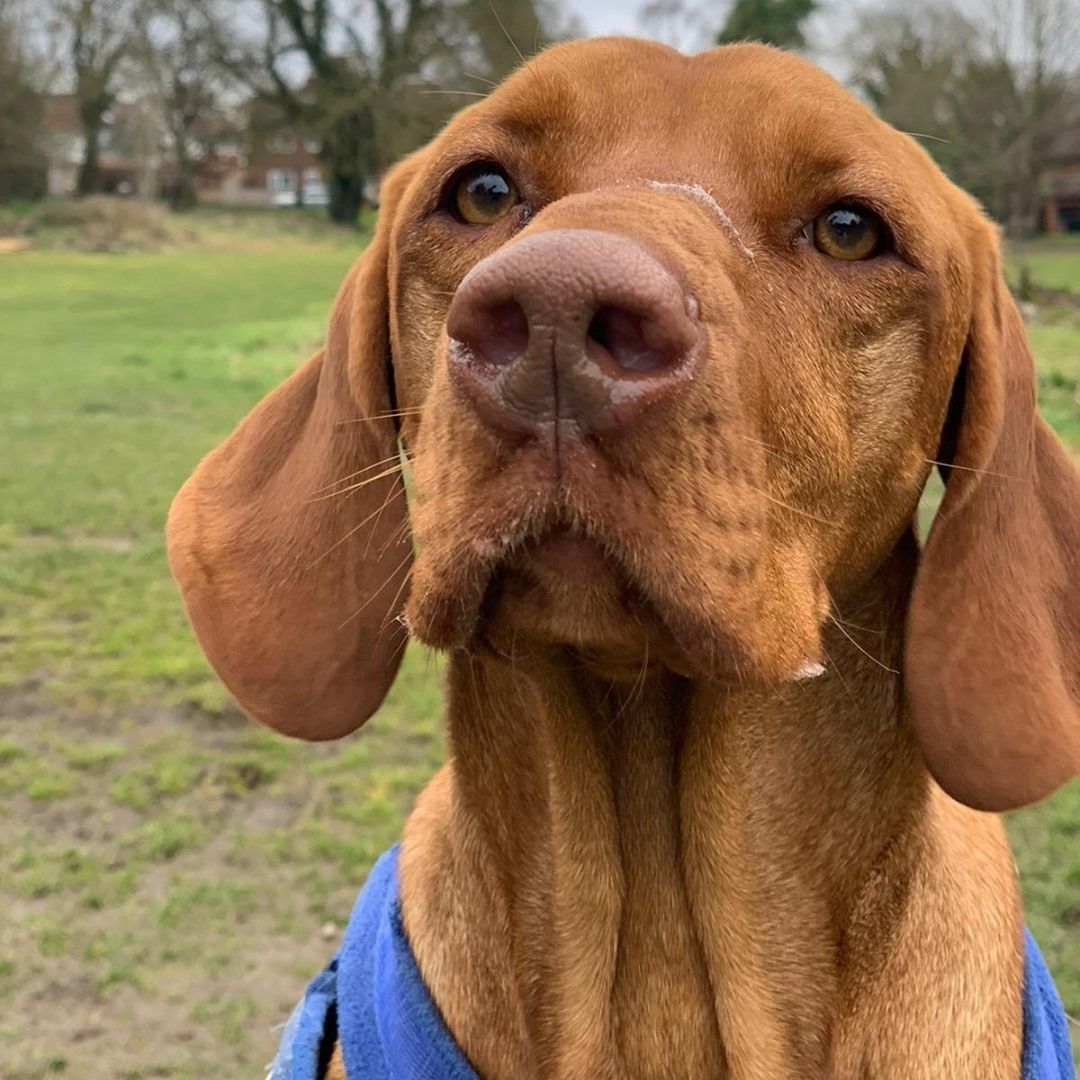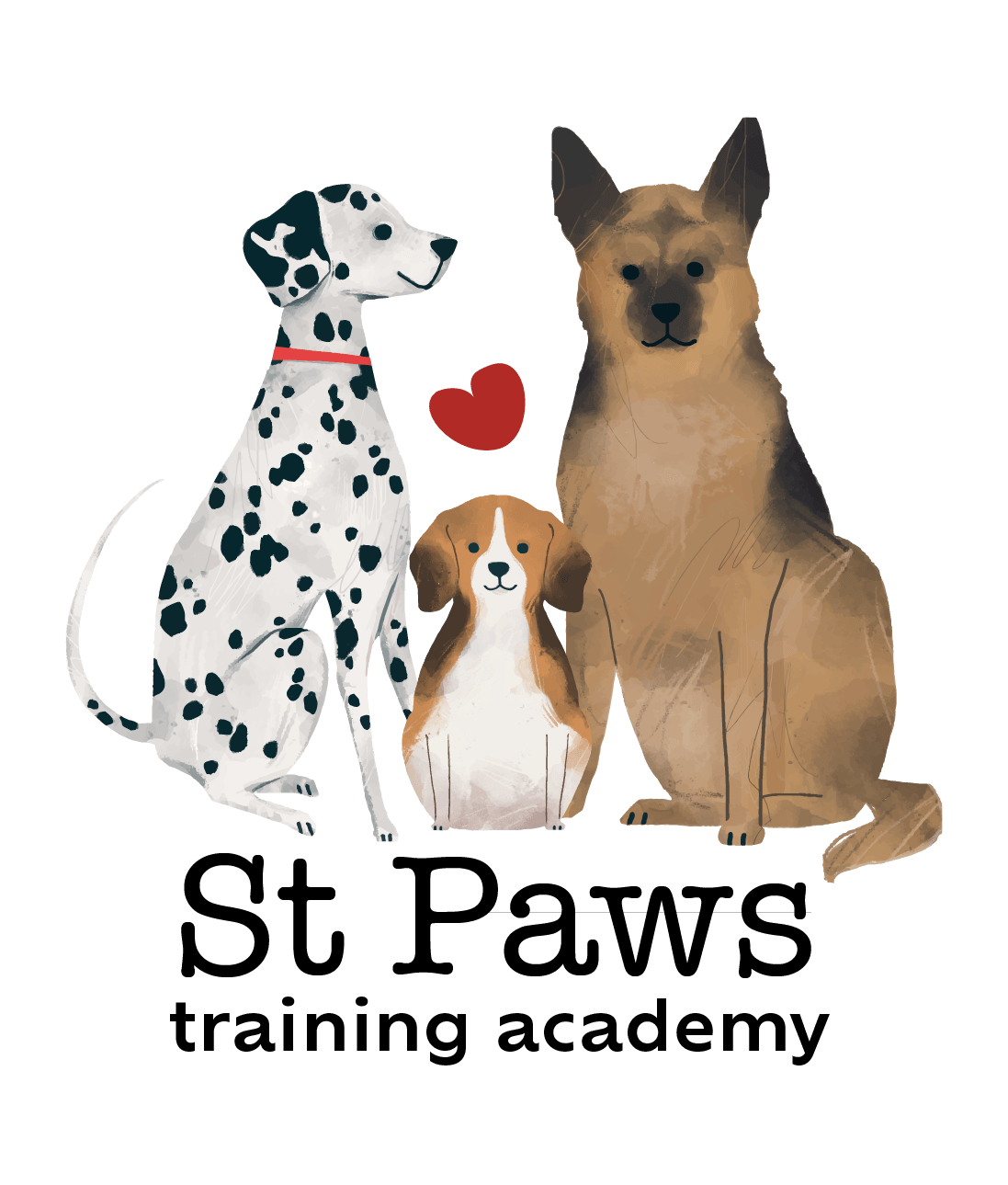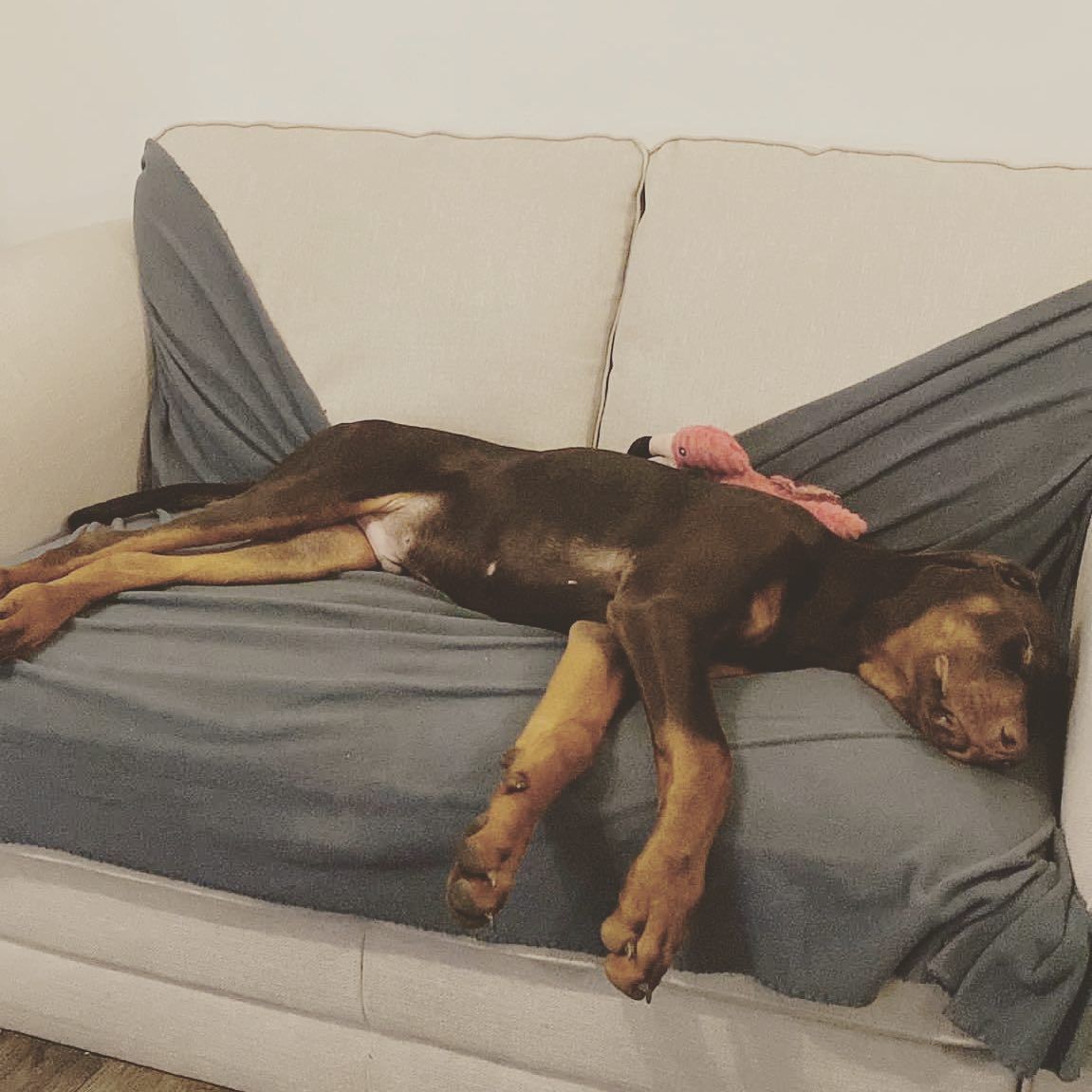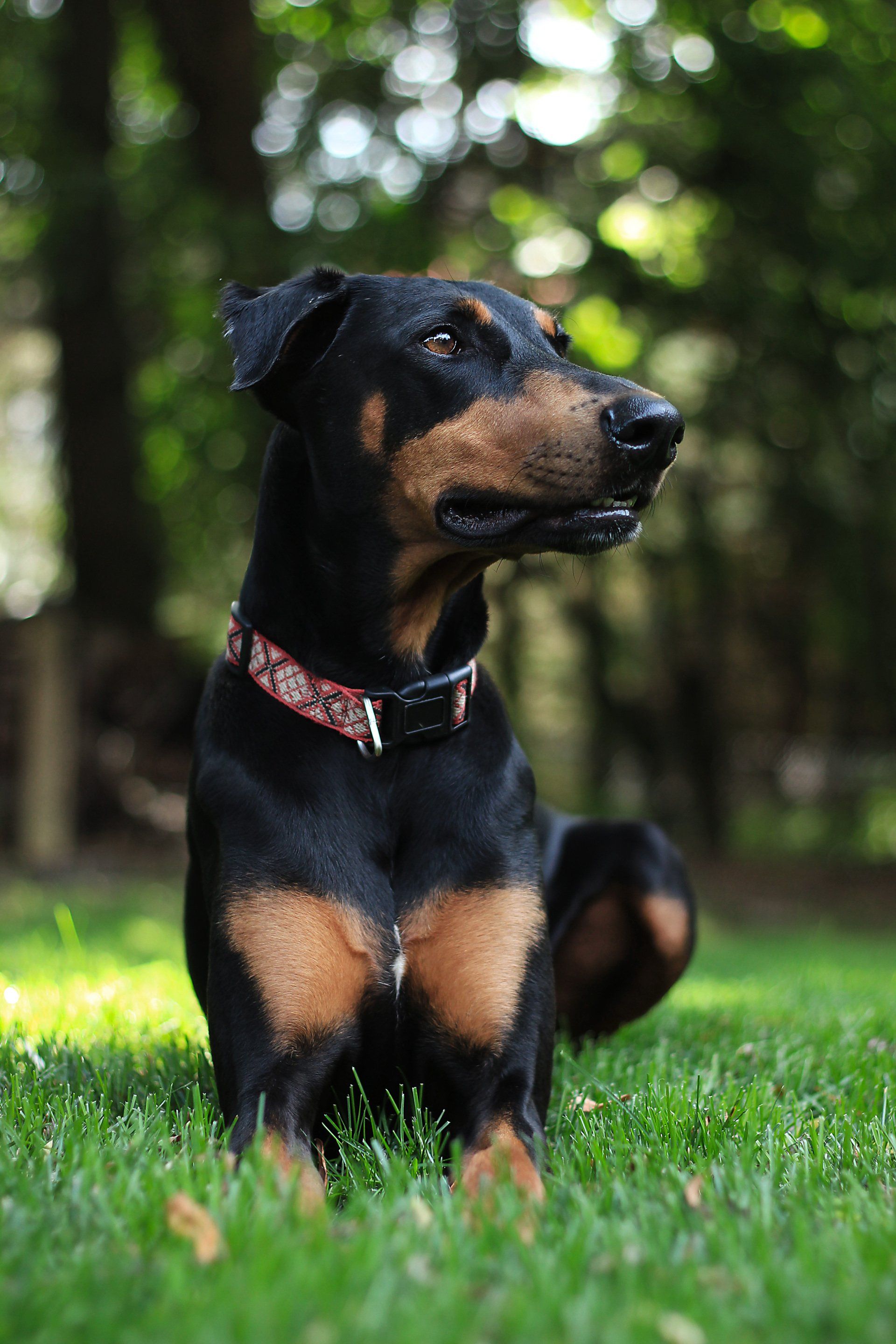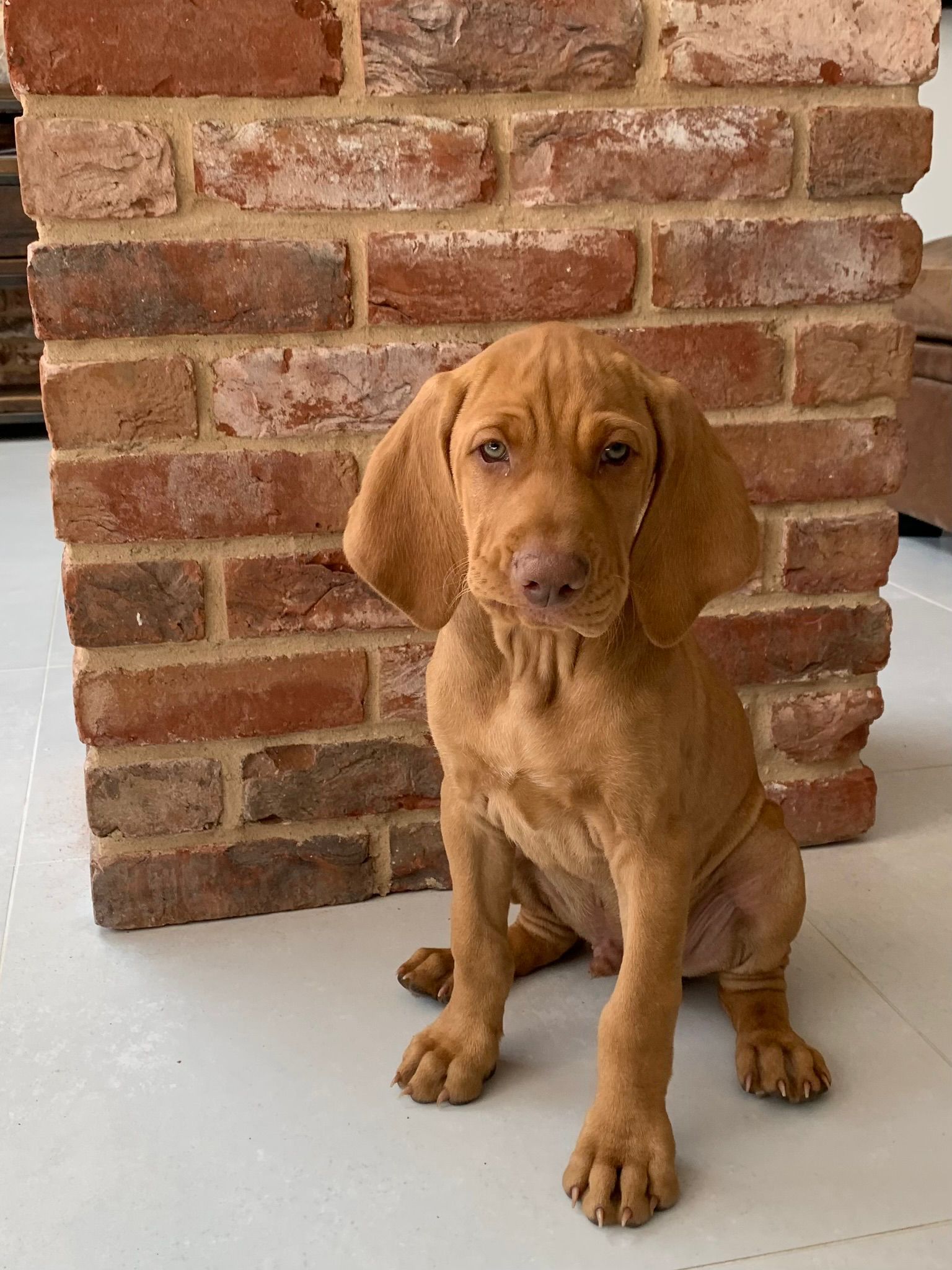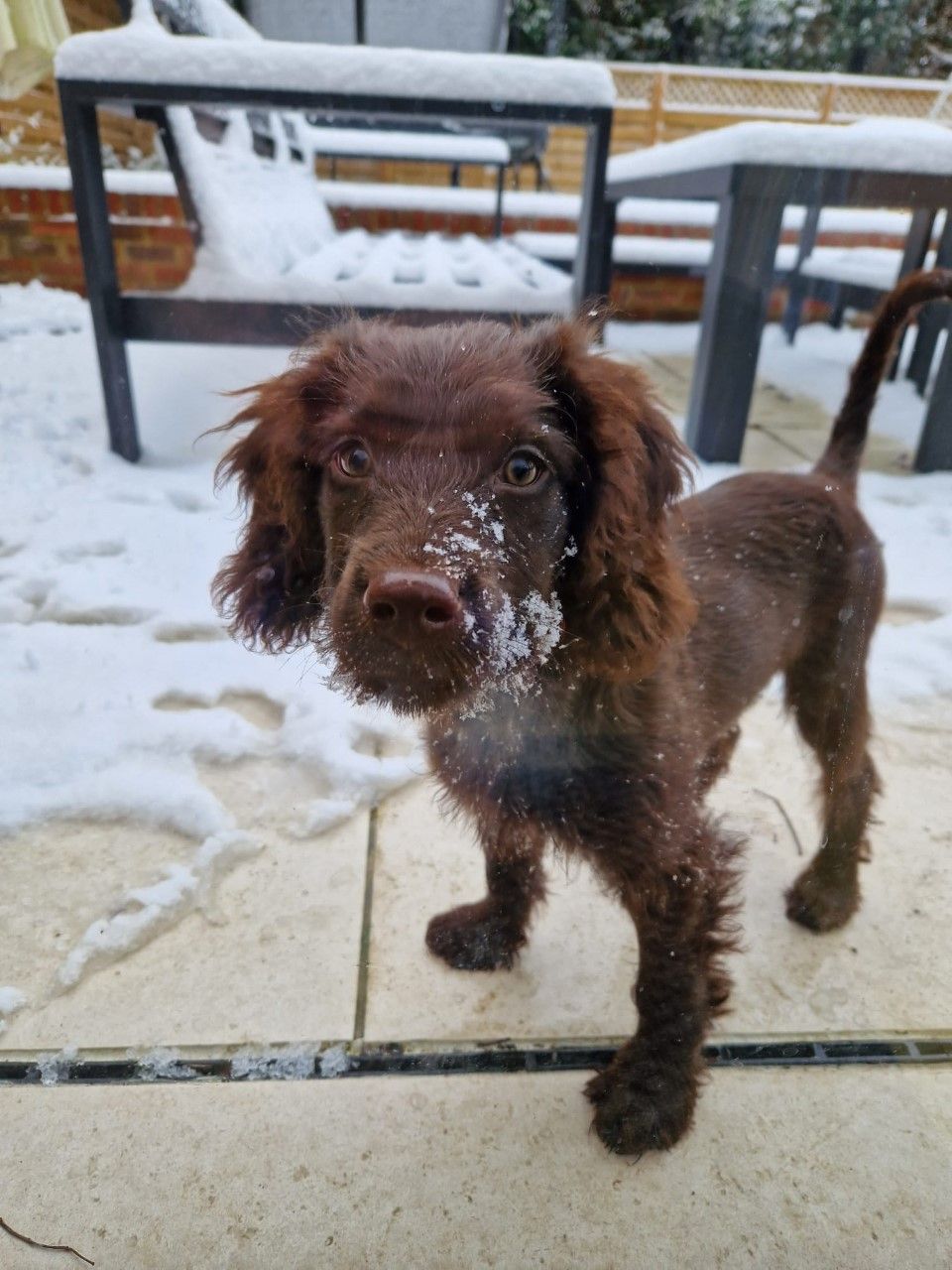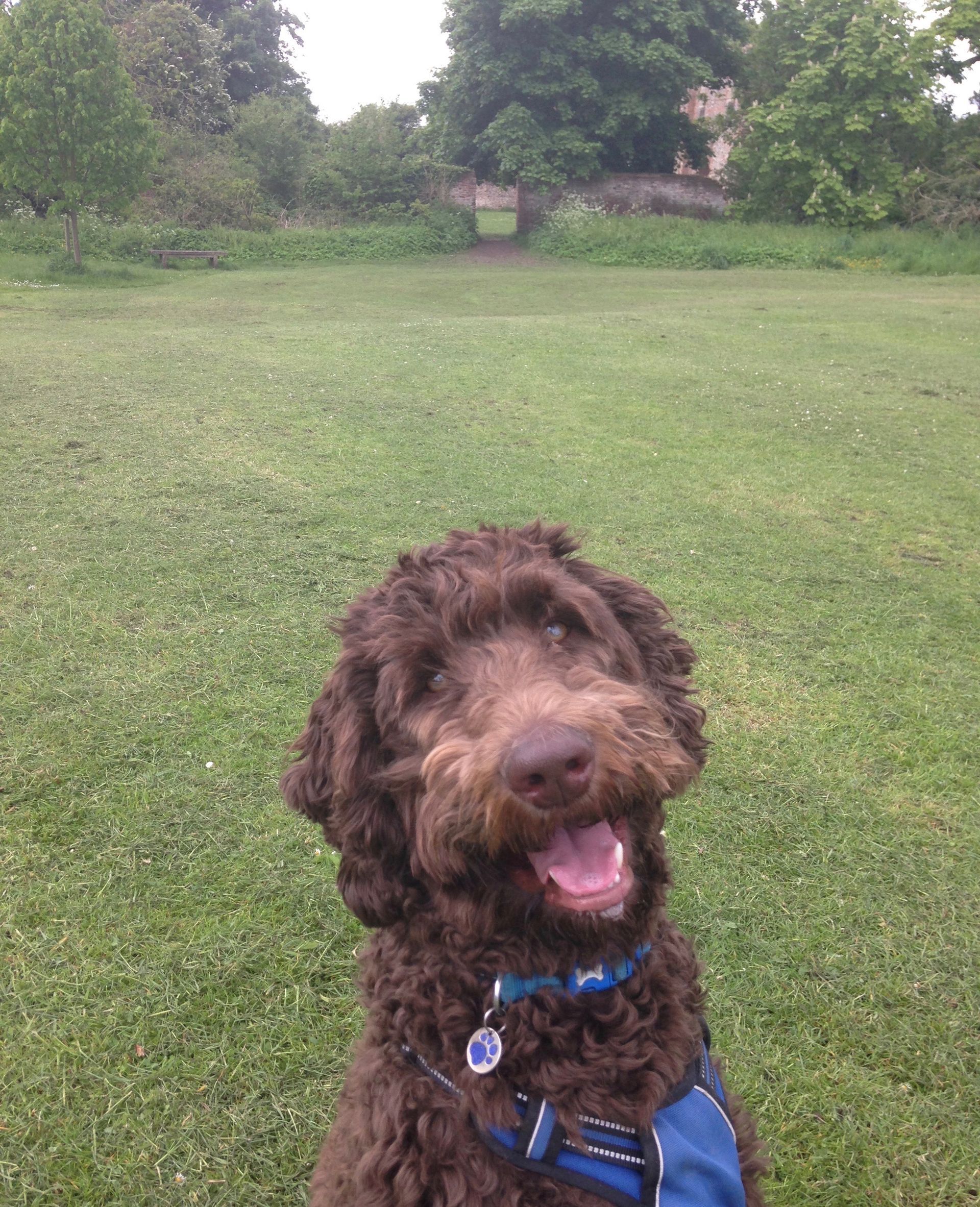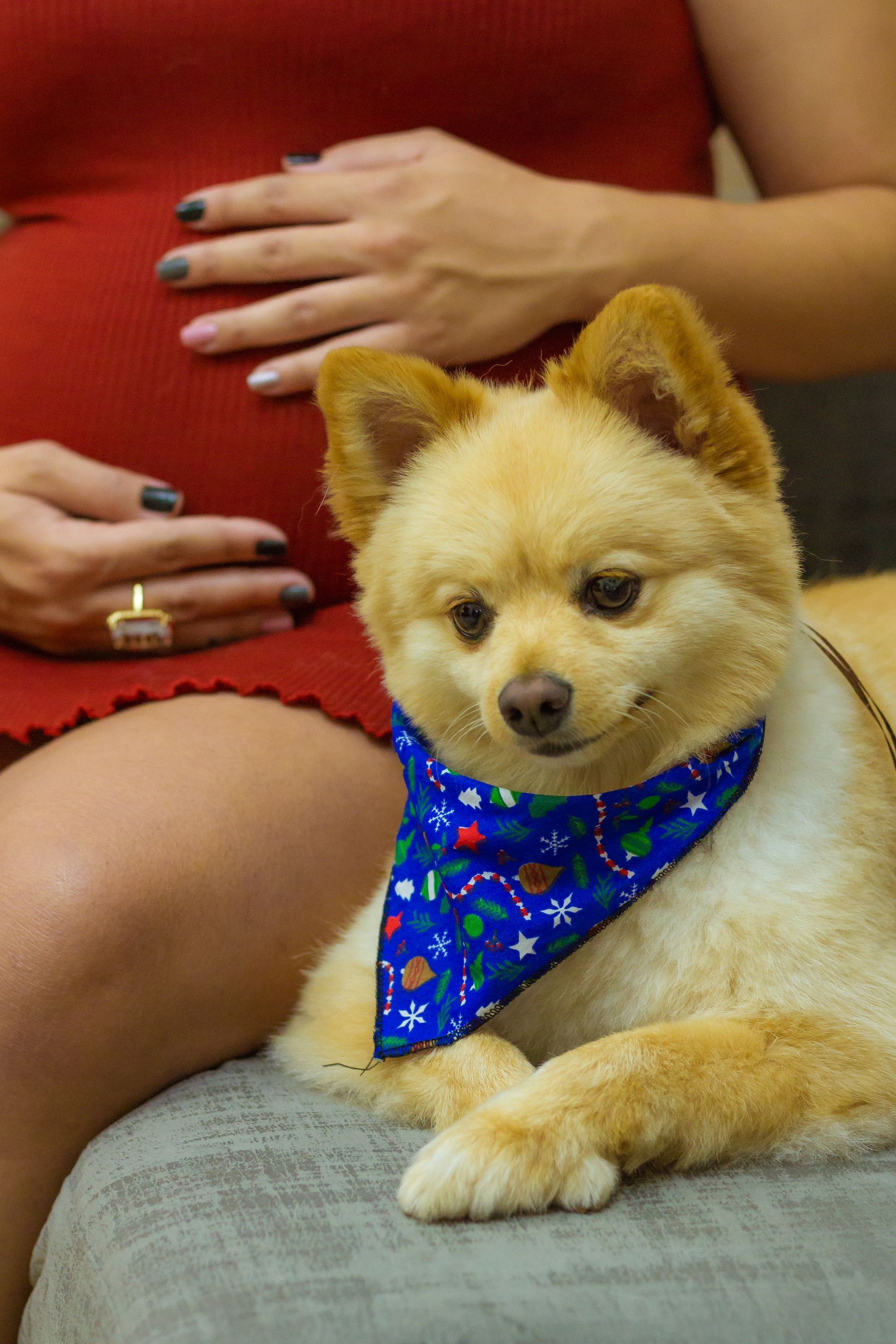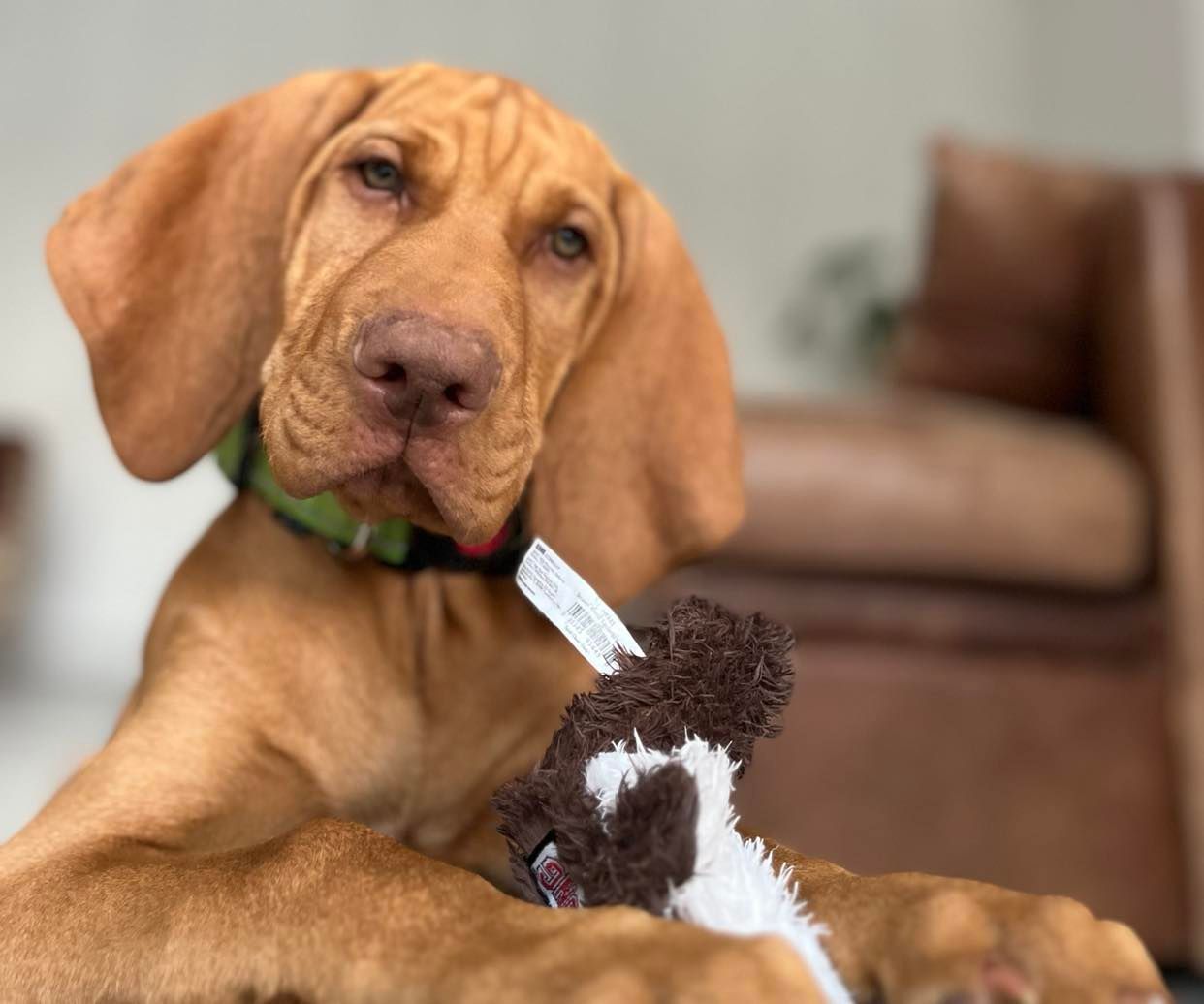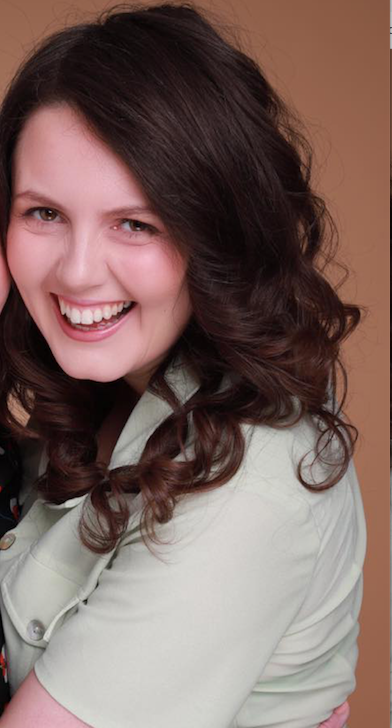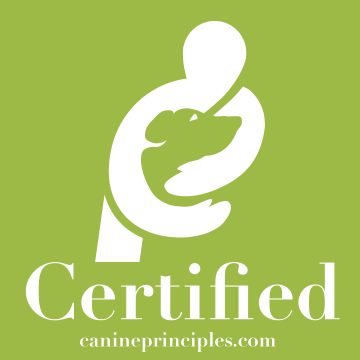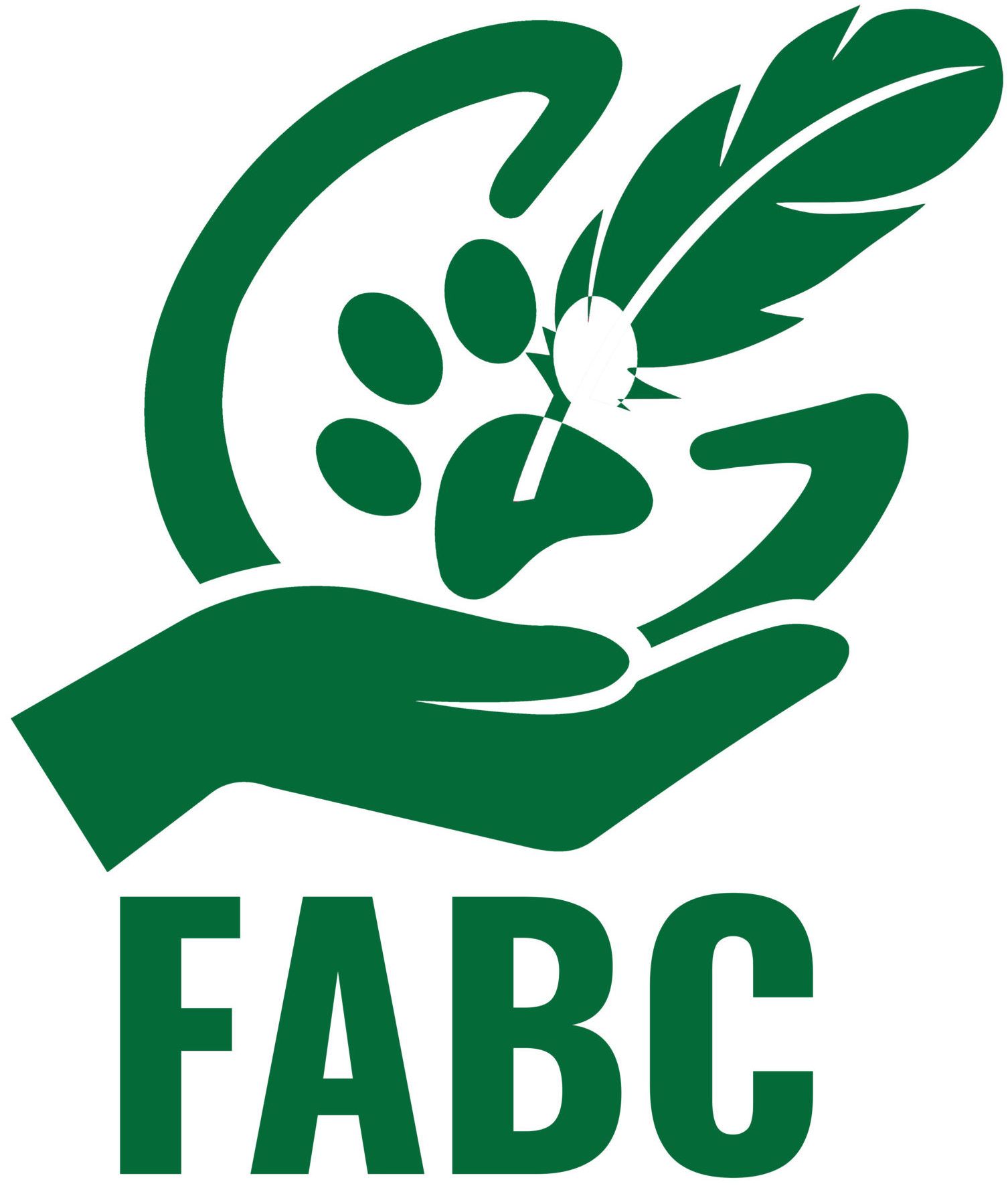What puppy is right for me and my family?
Rescue centres are overrun with dogs at the moment partly because of the cost of living crisis and people no longer being able to afford pet bills and care. It’s really important to consider which breed of dog will be right for you.

There are many considerations when you plan to welcome a puppy home. Here are just some of them:
Is anyone allergic?
Does everyone want a dog?
Can you afford it? Insurance, vet bills, food, training, walkers, equipment are just some of the costs.
What about holiday care?
Have you looked after a friends dog to understand what is involved?
Does this breed have health conditions you need to be mindful of?
Getting a puppy based on their looks alone is as about as sensible as choosing a partner based on their hair colour/bank balance and nothing else….
Here are a guide to different breeds of dogs
Just because breeds have specific traits it’s important to remember that a dog that is the same breed as another will not be identical. Different puppies will have different temperaments which can be affected by life experiences and genes.
Working breeds
These can be breeds such as the Rottweiller and Husky.
Toy breeds
This could be the chihuahua and a smaller range of breeds such as the Pomeranian.
Gun dog group
This includes dogs that are trained to hunt game in the field such as the working Cocker spaniel and Vizsla.
Terrier
These breeds love to dig and were originally bred to go to ground and hunt.
Hound
A dogs sense of smell is incredible and hounds were originally bred to track.
Thinking about what your dog was originally bred to do and if you can provide outlets for that behaviour is imperative. If your dog is mixed – consider what traits may be intensified by this mix. Remember a collie or any dogs near sheep can be dangerous or fatal. Legally a farmer is allowed to shoot a dog for sheep worrying.
